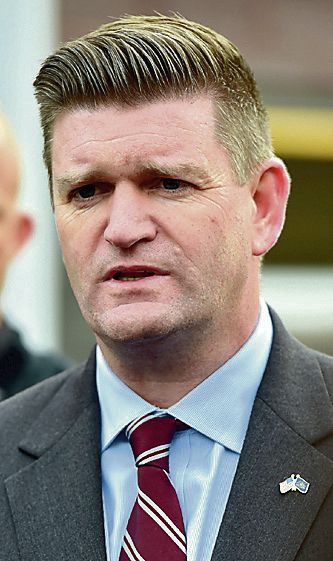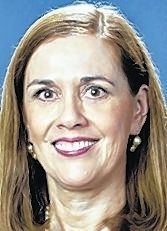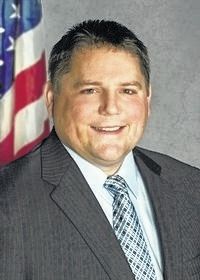Click here to subscribe today or Login.
WILKES-BARRE — Local state legislators are using terms like “compromise” and “change” when talking about passing a state budget.
Gov. Tom Wolf, a Democrat, today will unveil his third budget plan to a Republican-controlled Legislature that has opposed Wolf’s overtures to wipe out a stubborn post-recession deficit with a major tax increase.
According to an Associated Press story, Wolf has said he will propose balancing the budget without increasing sales or income taxes.
As the budget process moves forward, there remains the fear that Wolf and Republican lawmakers are headed for another months-long stalemate that marked Wolf’s first budget.
“Taxpayers deserve better than the same old partisan budget bickering that comes out of Harrisburg every year,” said State Sen. John Yudichak, D-Plymouth Township. “We have a growing budget deficit that requires responsible compromises related to cutting the cost of state government and building a sustainable revenue system to invest in a job growth strategy that puts Pennsylvanians back to work.”
State Rep. Gerald Mullery, D-Newport Township, said property tax continues to be the most pressing issue facing his constituents.
“I would like to hear a plan incorporating HB/SB 76 to eliminate school property taxes,” Mullery said. “Our commonwealth is at a crossroads. Our current school funding system is antiquated and regressive. The time for change has come. We must provide a stable school funding source, boost the housing market, and attract new business to our state.”
Sen. Lisa Baker, R-Lehman Township, said lawmakers will be looking at the potential savings to be realized through the proposed consolidation of four state departments.
“But more important, we will be asking local service providers and recipients for their assessment of how this plan might affect them,” Baker said. “Apart from the resistance to tax increases, a primary reason for much of the skepticism about his previous proposals has been the governor’s seeming lack of commitment toward serious reform of the pension systems. It is hard to have confidence in budget solutions that ignore this cost driver. So what he says or does not say about pensions will be a key indicator of the reaction to the total package.”
State Rep. Karen Boback, R-Harveys Lake, said over the past few weeks, Gov. Wolf has revealed pieces of his budget plan, and she is looking forward to hearing the details in full. Boback said legislators agree on their goals for Pennsylvania moving forward, and through her role on the Appropriations Committee, she said, she will join her colleagues in evaluating the governor’s proposals for this year’s budget.
“I am hopeful that we can work together over the next few months to create a fair and equitable budget that addresses our state’s long-term financial issues without leaving anyone behind,” Boback said.
In the AP analysis of the budget situation:
• Spending is likely to exceed $32 billion, up from $31.5 billion in approved spending this year.
• Budget analysts are projecting a roughly $3 billion budget gap in this year and next year combined, the difference between projected tax collections and the cost to maintain current programs.
• Wolf has said he will renew his push for a tax on Marcellus Shale natural gas production, something lawmakers have rejected for nearly a decade now. It is not clear whether he will call for any other tax increases.
• On spending, Wolf’s office said he will seek to increase aid to public schools, a pursuit that has been a cornerstone of his administration, but he has not said by how much.
• Tax collections are lagging official projections this year by more than $400 million, and balancing deficit-riddled budgets in the past few years has meant siphoning one-time cash from off-budget programs, relying on unrealistic predictions of revenues or savings and delaying big payments to counties and insurers.
• In his first two budgets, Wolf had sought billions of dollars in tax increases to wipe out the deficit and fix school-funding disparities that are among the nation’s widest.
• The Legislature has rejected most of Wolf’s proposals. In the current fiscal year, lawmakers approved a roughly $650 million tax package, anchored by a $1-per-pack cigarette tax increase.








